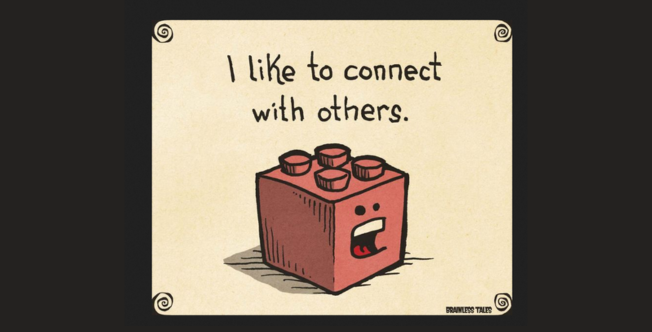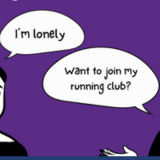"I am a part of all that I have met."
~ Lord Tennyson

Why Connectedness Matters
Connectedness brings us together and gives us a sense of belonging and community. Not only does connectedness strengthen bonds in our relationships with others, it also helps build stronger, more cohesive communities.
Connectedness and collaboration also plays an important role in innovation. Diverse groups support perspective taking, brainstorming, and an open exchange of ideas in ways that help us solve problems in new and creative ways.
Importantly, connectedness also helps us see things in a new way. Through diversity we can better bridge geography and ideology, allowing us to better cultivate kindness and compassion. Familiarity does not breed contempt, instead it fosters harmony.
Connectedness in Adolescence
Connectedness is especially important during the formative years of adolescence. As young people are navigating new territories it is important that they realize that they are not alone in their journey. Meaningful connections with their peers, family members, and their communities help foster emotional well-being and growth at a time when the need for belonging is greatest.
Social support for young people helps them to better navigate the often tricky waters of adolescence, offering support as they contend with new feelings, emotions, and hormones. This important transitory phase can feel very isolating and it is important that they realize that they are not alone.
Not only does connectedness help teens manage those turbulent times, it also supports important skills and traits that they will benefit from for the rest of their lives. Connectedness helps cultivate social skills, empathy, and social responsibility which will help them while they are teenagers but will also help them as they become adults. Adults with these skills will then be better able to help their communities prosper which will lead to a stronger, and more equitable, society.
Connectedness through Video Games
We believe prosocial video games intentionally designed to support connectedness will help young people thrive. Through gameplay the players will be able to safely experience and explore the importance of personal relationships and community. These games would also help players recognize and foster interpersonal skills that will help them build important connections in their daily lives.
Intentionally designed connectedness games could help young players recognize the real-world values of diversity, empathy, equity, and inclusivity. By exploring these themes in an enjoyable, relatable, and safe setting players are more likely to see the importance of these values in the real world.
Features for connectedness games could include: cooperative gameplay; customizable avatars and environments; safe gathering spaces; inclusive and diverse representation; and real-world tips to encourage and support connectedness in their lives.




